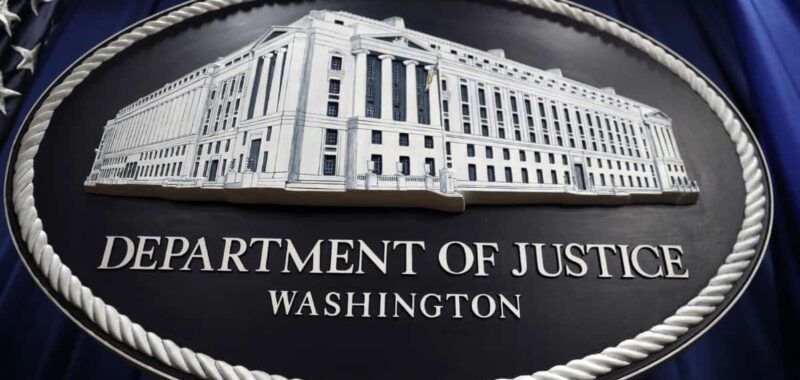Maximiliano Pilipis, a 53-year-old former resident of Noblesville, Indiana, has been indicted by a federal grand jury on five counts of money laundering and two counts of failing to file a tax return.
The indictment alleges that Pilipis laundered substantial funds, including proceeds from Silk Road, through his operation of an unlicensed virtual currency exchange called AurumXchange.
Laundering Silk Road Proceeds
Court documents revealed that Pilipis launched AurumXchange in 2009 and ran it up to 2013. The platform allowed people to exchange Bitcoin and other virtual currencies for U.S. dollars and various international currencies. AurumXchange reportedly facilitated more than 100,000 transactions totaling over $30 million in exchanged funds.
In return for its services, the platform charged fees that allowed Pilipis to amass over 10,000 BTC, valued at around $1.2 million at the time.
However, prosecutors say the platform operated without proper licensing, oversight, or compliance with federal regulations. U.S. law requires money transmitters to verify customer identities, report transactions to the U.S. Treasury, and maintain records to protect the country’s financial system and national security.
The U.S. Department of Justice argues that Pilipis bypassed these safeguards by allowing transactions from anonymous accounts, some allegedly linked to the defunct Silk Road online marketplace.
Created in 2011 and shut down in 2013, the platform was a darknet conduit that enabled the illegal sale of drugs and other illicit goods using cryptocurrency to maintain anonymity.
According to the agency, Silk Road customers used AurumXchange to convert crypto into fiat currency while avoiding detection and identification, thus facilitating money laundering.
Tax Evasion Charges
The case also alleges that after stopping operations in 2013, the indictee began splitting, transferring, and concealing the Bitcoin proceeds from AurumXchange to hide the origins of the funds.
In 2018, he converted portions of the digital currency into U.S. dollars, investing in real estate properties in Arcadia and Noblesville, Indiana, among other expenditures. Over 2019 and 2020, the 53-year-old reportedly generated hundreds of thousands of dollars in income, but he failed to submit federal income tax returns.
“Combatting the criminal misuse of cryptocurrencies and other digital assets is a critical priority for the Department of Justice,” said U.S. Attorney Zachary A. Myers for the Southern District of Indiana.
If found guilty of all charges, Pilipis could face up to 10 years in federal prison and a fine of up to $250,000. His sentence will be determined by a federal district court judge who will consider various factors, including the U.S. Sentencing Guidelines.

